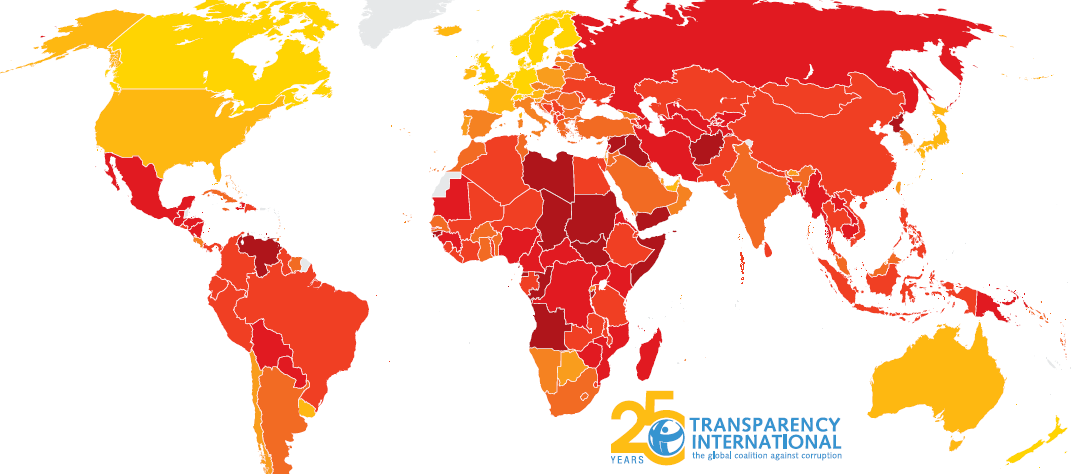Skip to main content
Can you help us?
Transparency International Ireland relies on public donations so that it can deliver cutting-edge, independent research on corruption and ways to stop it. We also provide the only independent service in Ireland that supports people to speak up safely about corruption and wrongdoing.
You can help us help them by donating today.
Support those who speak up
The Speak Up Helpline is the only source of free specialist advice in Ireland for victims and witnesses of wrongdoing. Our volunteers and staff have helped over 1,200 people to date and this number is growing. Your donation will allow us to assist even more people in need of guidance and advice.
Support those who speak up by donating today.
Support those who speak up
Transparency Legal Advice Centre (TLAC) is Ireland’s only independent law centre providing free legal advice to whistleblowers. To date, TLAC has supported 74 whistleblowers. We would like to help more, but we only have enough funding to employ one full time solicitor at the moment. Your donation will help TLAC support more whistleblowers.
Support those who speak up by donating today.

